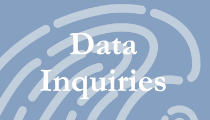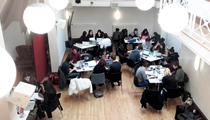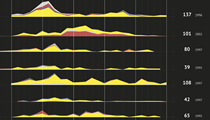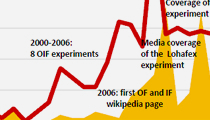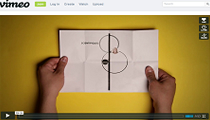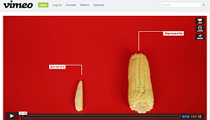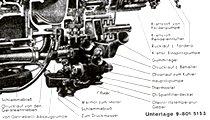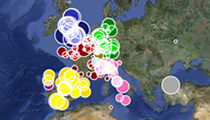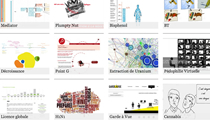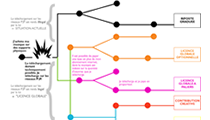July 18
Teaching Infrastructures Breaching� through Data journalism� and Data Activism

Conference of the European Association of Studies of Science and Technology, 25-28 July, Lancaster UK
Far from being neutral, data generate political effects at every stage of their production, cleaning, analysis and presentation. Such effects are sometimes manifest, for example in the use of demographic statistics for the justification of public governance, and sometimes, subtler for example in the way we classify knowledge in our libraries.
While the bias of the data is easy to proclaim, it is more difficult to observe and even more to teach. Information systems hide their political attachments, not necessarily maliciously, but simply because such opacity makes them more efficient in their tasks of knowledge management. It would be impossible to search a piece of information on the Web if, every time, we had to discuss Google’s business model or to wonder why its algorithms privilege some results. Yet, data infrastructures have fundamentals political consequences that must be part of any curriculum related to digital technologies.
Data activism arises precisely from the desire to expose the power asymmetries inherent to information systems. It seeks to promote access to data; to investigate the conditions of their production; to explain the constraints they generate; to propose alternative ways of redistributing their social consequences. Precisely because it raises awareness about the political dimension of digital technologies, the practice of data activism can be beneficial to make students sensitive to the effects of the sociotechnical infrastructures.
In this contribution we discuss the benefits and the difficulties of teaching data activism and data journalism drawing on the experience of a course at ENS Lyon France and at King’s College London.
Download the slides of the presentation


